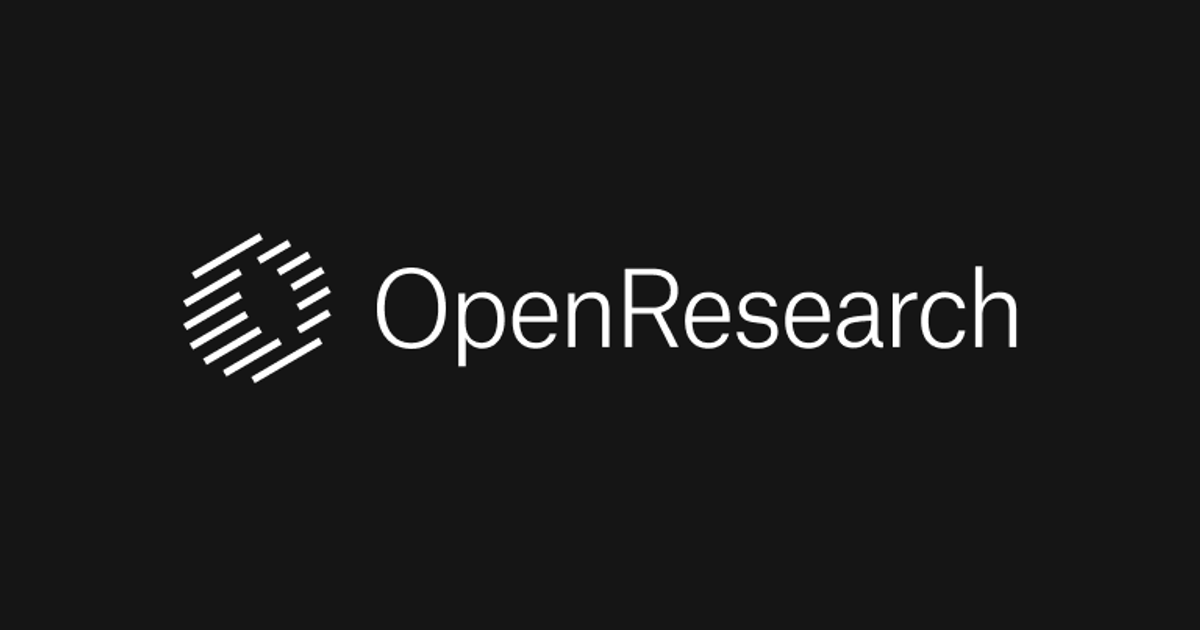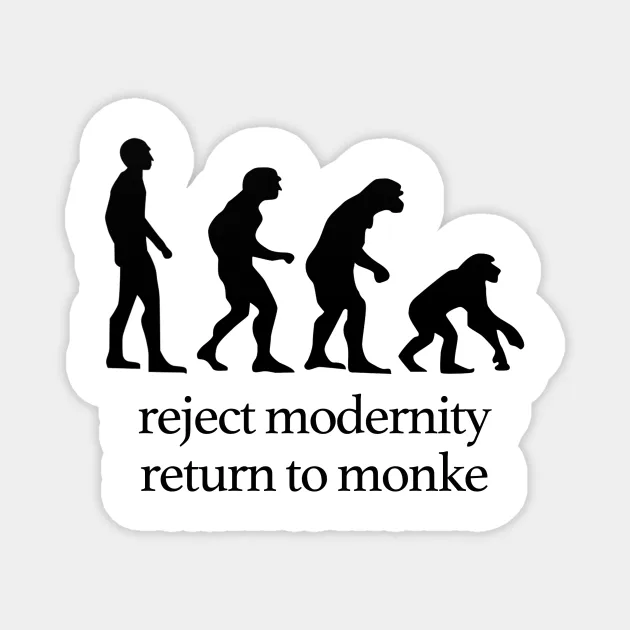Unknown?
Member
Recipients were 50% more likely to be unemployed which led to a more negative emotional state. None of the objectives expected were met and did not even have any effect on the test subjects in those areas.
I often see people saying that with AI there won't be jobs and we will have to start UBI, but UBI has failed everywhere it has been tried. The natural state of humanity is laziness and given an opportunity to not work, people WILL take it. Society cannot survive with no one working and it's bad for mental health. We have to come up with solutions but those will likely naturally come into form with new types of jobs and planning. However, using UBI is not a viable option.
A read of Ludwig Von Mises's, "Human Action" will provide a good explanation as to why humans act and think the way they do. Which will also make it understandable why government intervention with programs such as UBI always fail.








